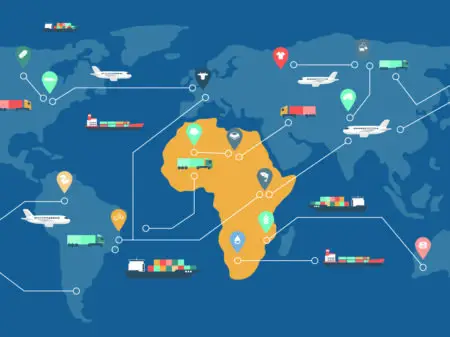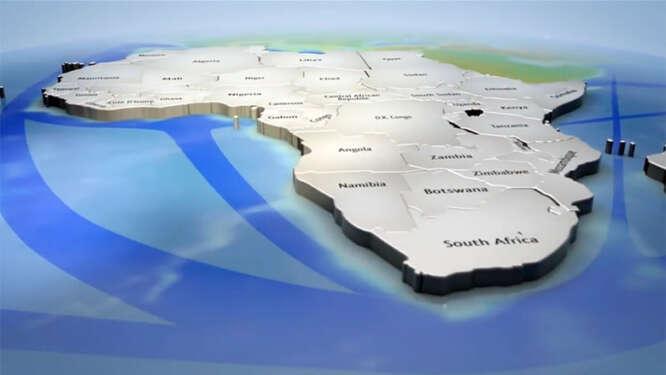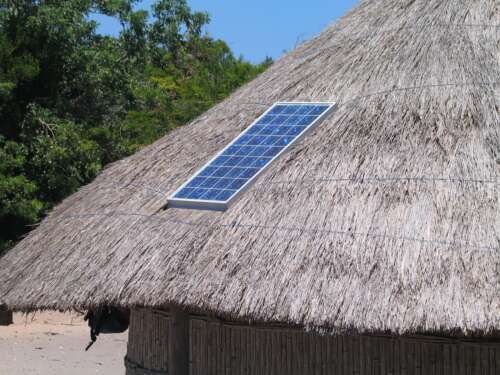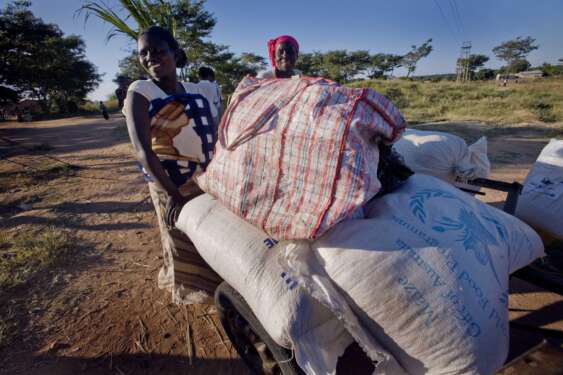- Dawood Al Shezawi: Why AIM Congress 2024 is the epicenter of global economic and cultural dialogues
- d.light’s 600,000 cookstoves project verified as top source of quality carbon credits
- Artificial intelligence (AI) could create a turning point for financial inclusion in Africa
- AIM Congress 2024: Catalysing global investments with awards
- Kenya’s economic resurgence in 2024
- The most stressful cities to live in 2024 exposed
- Tech ventures can now apply for the Africa Tech Summit London Investment Showcase
- State of journalism survey 2024 shows media houses are lagging in AI adoption
Browsing: Africa rising
- Africa Rising narrative paints a picture of a continent on the cusp of a major economic and developmental breakthrough.
- This upbeat assessment, however, stands in stark contrast to the realities of many African countries’ political instability, corruption, and threats from autocratic regimes.
- This disharmony between the narrative’s upbeat tone and the facts prompts the question: is there a need for the widespread optimism about Africa’s future, or is it misplaced?
The “Africa Rising” narrative, popularised in recent years, paints a picture of a continent on the cusp of a major economic and developmental breakthrough. This upbeat assessment, however, stands in stark contrast to the realities of many African countries’ political instability, ongoing corruption, and threats from autocratic regimes. The premature or even misplaced optimism of this narrative is called into question by a close analysis of these problems. This discrepancy between the narrative’s upbeat tone and the facts prompts the …
For the longest time, Africa took a back seat in the world economy. Albeit for various reasons, some beyond the continent’s control, Africa was not recognized as an active economic participant by developed countries. However, there has been a paradigm shift in the past few decades as Africa has begun to forge its destiny and implement policies that benefit its economic status in the world. Africa has been recognized as the world’s second-fastest-growing regional economy with anticipated annual growth of about 3.9% by 2022. …
Africa is poised to overtake highly populated continents like Asia in terms of population growth. Along with rapid urbanization, the burgeoning population creates an urgent need to find solutions for growing energy demands. As the population grows, demand for fuel and energy to power movement, urban lifestyles, cooking, heating, and refrigeration will catapult in tandem.
This positions the continent as a significant demand hub for energy solutions like gas, oil, and electricity, which has answered the needs and demands of home use. In addition to the demand for energy use in the home, there is a growing need for industrial and manufacturing energy solutions. The advent of Africa’s free trade area is set to propel industrial output by creating synergies and opening up the broader market.…
Over $50 billion worth of aid is poured into Africa every year. Most of it is targeted towards poverty reduction, hunger, and achieving sustainable development goals. Yet Africa remains among the poorest of the poor. The level of disease still continues to stay high and mortality rates remain high. Unemployment levels are soaring and the standard of living remains very poor.
Lack of access to electricity and clean drinking water coupled with lack of food in some areas is very much a reality. 85% of Africans are surviving on an income less than $5.50 per day. In trying to take stock of the situation an assessment of the efficacy of aid is a necessity.
Given the amounts of aid that have flowed in, there are questions as to why the state of the continent continues to be pitiful. Does aid stifle economic growth? Does aid have the transformative power …
When Covid-19 hit the World, the West assumed that Africa, poor, dirty Africa, will be washed down the drains, through filthy open sewage ways and into the depths of the Earth, again they were wrong about the Motherland.
One of the World’s richest men, Bill Gates, predicted that ten million lives would be wiped out by the virus. The assumption was that Africa will not be able to respond appropriately and fast enough, hell, how could they, after all the US and all of Europe had failed.
However, Africa proved all of them wrong, Africa was fast, Africa was precise and Africa was willing to change. Overnight, sanitizers appeared in every doorway, buckets of water and soap greeted you at every entrance, no more hugging, no handshakes, the crowded busses were brought down to level seats and borders were closed.








